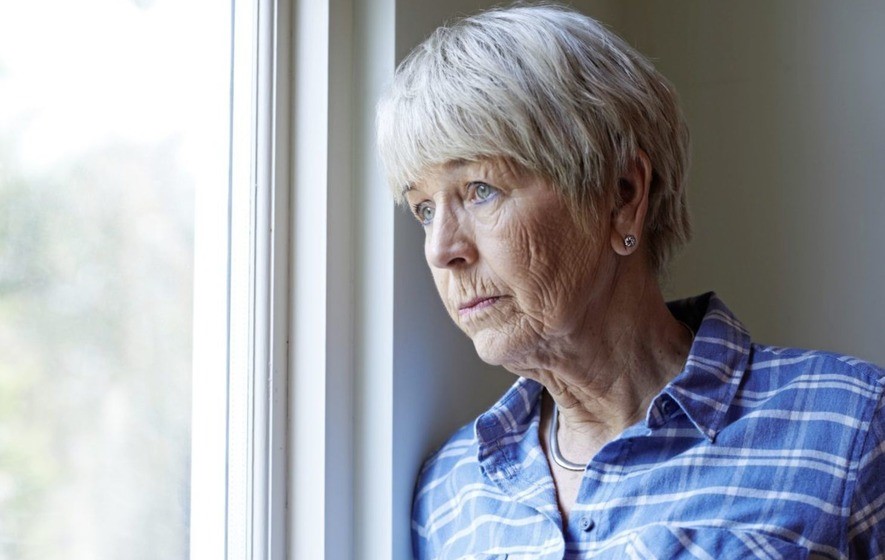
You know your elderly loved one is suffering when: they start losing weight drastically, become unhygienic, or keep cancelling weekly dinner with you. You may also observe that their zest and energy for life disappear, and they are no longer the happy person you knew once.
These are the initial stages of depression.
Anyone can get caught in the web of depression. And the symptoms may deteriorate vital aspects of a healthy life. Unfortunately, many older adults don’t recognise the symptoms and don’t take the necessary steps to cope with them.
But the great news is there are ways to change how your loved one feels, boost their mood, and make their senior years healthy and memorable. Here are the worth-reading tips.
Recognise the initial signs of depression
As mentioned earlier, elders may not always realise they are depressed. However, as a responsible caregiver, you may notice certain changes.
For example, your elderly loved one may stop participating in their favourite activities or forget the importance of personal hygiene.
Moreover, you may notice visible behavioural changes, improper meal intake, low energy levels, etc.
Older adults face several challenges with ageing, and some of these obstacles can be easily managed with the help of professional live-in care. They have experts that provide quality elder care to mitigate the signs of depression.
Promote healthy living
Physical activities and light exercises are the best antidepressants. Although exercise enhances physical, mental, and emotional health, research shows that it is still an underutilised treatment to cope with depression.

Depression often makes people lose interest in many things, and exercise is one of them. You need to encourage your ageing parents to exercise regularly because a lack of physical activity will only make things worse.
Take extra care when they experience a life-changing situation
Losing a loved one like a spouse or being diagnosed with a new disease can be deadly for ageing adults. Ensure that you observe your dear ones for signs of depression when they get hit by a piece of terrible news.
Healthy/Balanced diet
A balanced diet may diminish the signs of depression and improve physical and mental well-being.
The following food may help:
- Soybean products
- Fresh fruits & green vegetables
- Whole grains
- Fish
- Green tea
- Olive oil
The following food you must avoid:
- Red meat & other meat products
- Trans fat
- Sodas & sugary desserts
- Premade baked products
Green vegetables and fresh fruits are unbeatable antioxidants and protect us from cell damage and oxidative stress.
Encourage them to go out & make friends
Isolation leads to depression, and the depressed person doesn’t realise it.
Don’t let your ageing loved one deal with it alone – encourage them to make friends and be socially active. Take them to relatives and public parks, and introduce them to groups. Attend social community events with them.

Studies show that when a person is socially active, their physical, emotional, and mental health boost, which is essential for the elderly struggling with signs of depression.
Conclusion
It is difficult always to prevent signs of depression, but with effective lifestyle choices, live-in care, and treatment, you can easily avoid a recurrence. If your elderly loved one has severe symptoms of depression and they are thinking of self-harm, suicide, or death, you must seek professional assistance. At Live-In Care Direct, we have expert live-in care providers to deal with elderly depression. We are more than happy to take care of your loved one.
